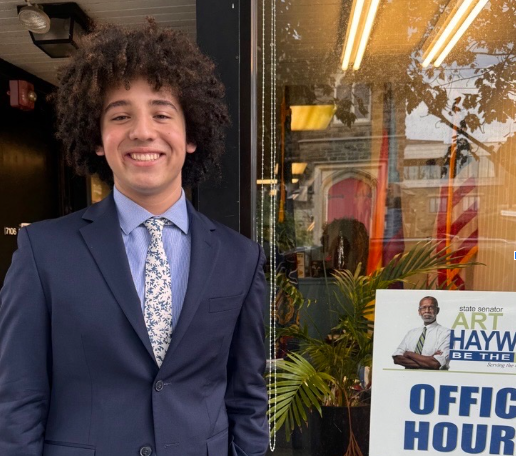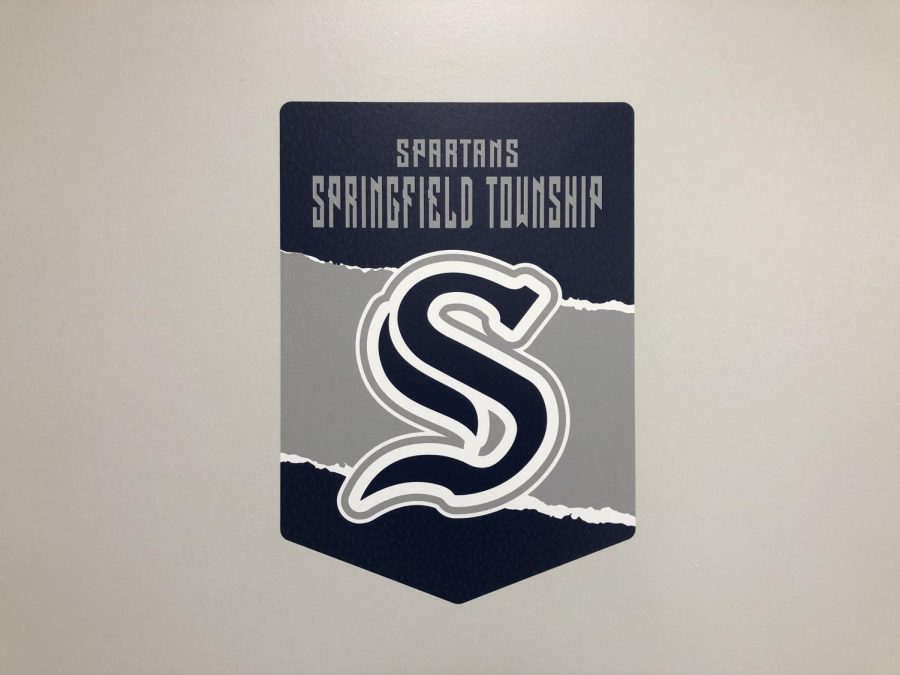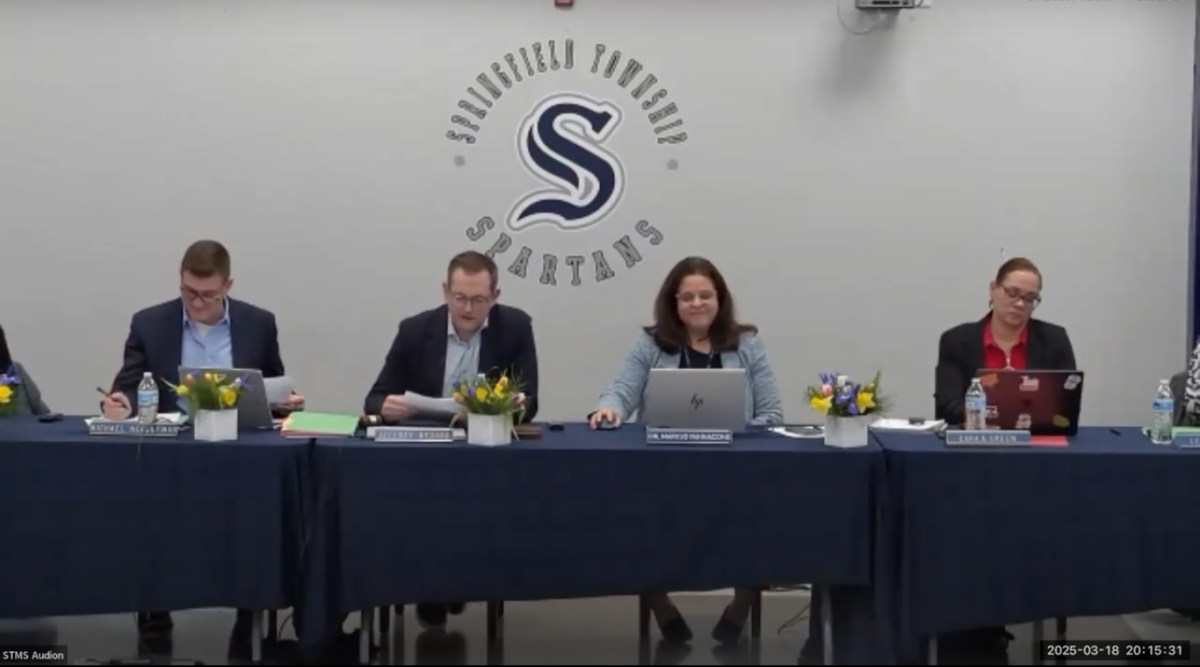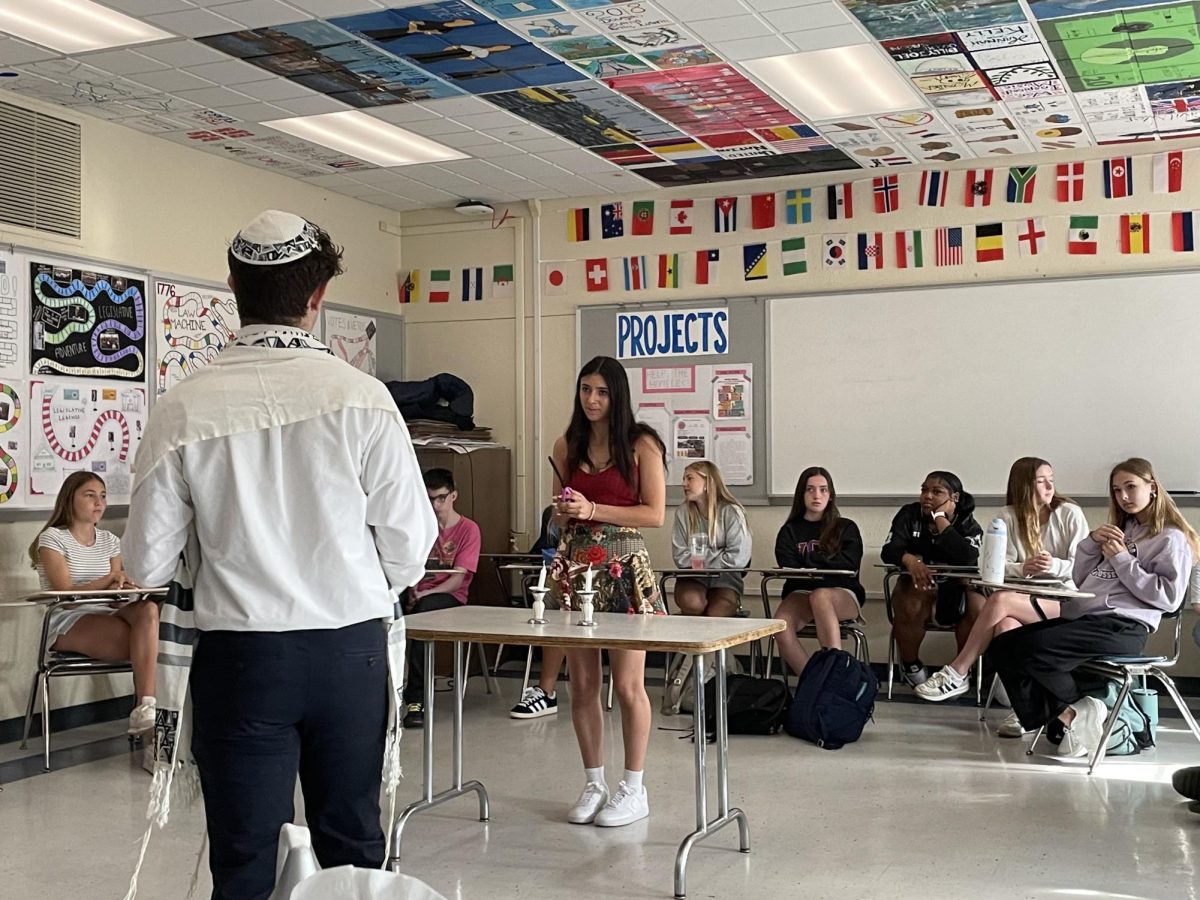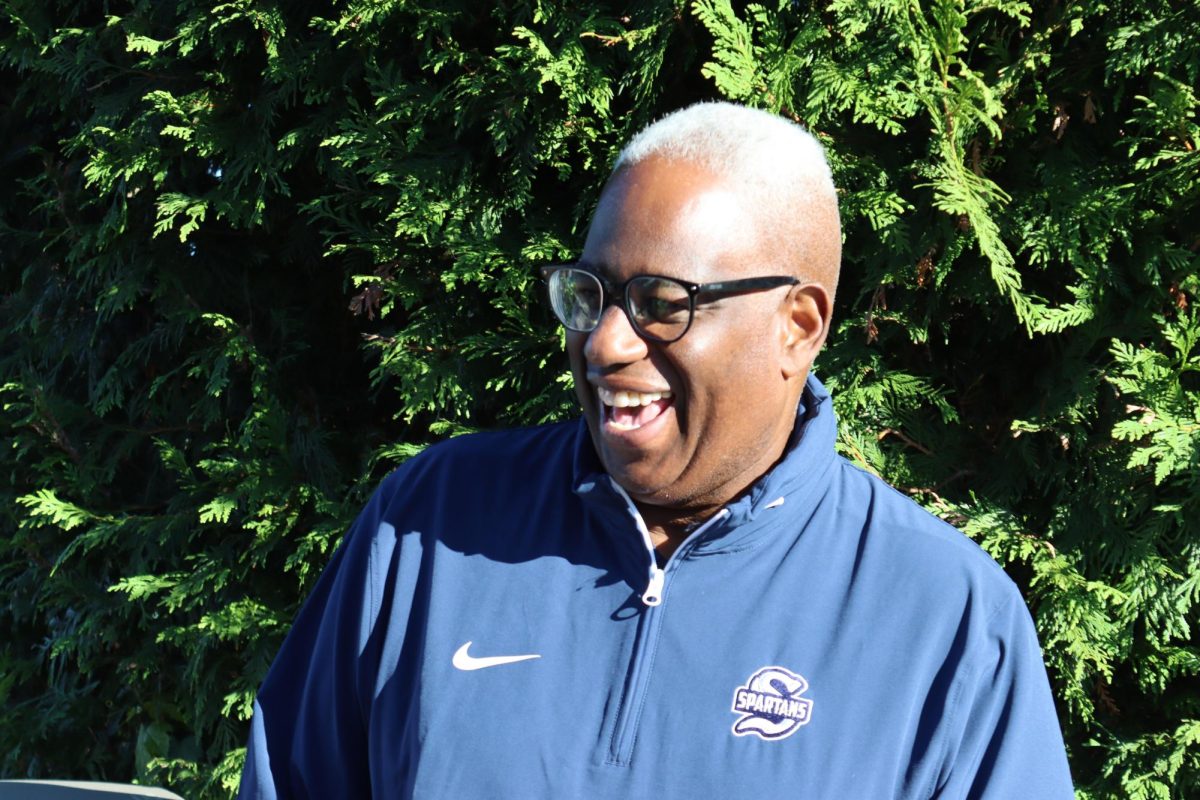It is common for schools to have advisory boards, and Springfield Township High School is one of them. Despite this, many Springfield students are unfamiliar with what advisory boards do, with the exception of the students who participate in them. So, what are Springfield High School’s advisory boards up to?
The Springfield High School Advisory Board
Principal Dr. Rittenhouse defines the high school advisory board in Springfield as “a group of students who speak to myself as the high school principal, superintendent Dr. Yannacone, and assistant superintendent Dr. Johnson.” Dr. Rittenhouse explains that the board meets monthly and the topic is usually “50% [what] students would like to speak about and 50% [what] we would like to speak about.”
Jude Slowik is a member of the advisory board due to being a part of the “10th grade class counseling” and informs that as of recently the conversations in the advisory board have been about “making decisions for the middle school,” as well as “getting new Chromebooks.”

Slowik believes that by being a part of the advisory board, he has become “more aware of the school and what is going on,” and made him “be able to talk with other people in the grade and let them know what’s going on.”
One of the largest breakthroughs the advisory board has made, as Dr. Rittenhouse explains, is “the addition of a fourth counselor, ” which had to do with the issue of too many students per counselor. Dr. Rittenhouse states, “The request was brought to Dr. Yannacone and me two years ago, and we told the board of directors,” resulting in Ms. Cannon joining Springfield Township High School’s community.
The MCIU Advisory Board
Springfield is involved in another advisory board, aiming to tackle broader issues among schools, called MCIU. As explained by Mr. LaRocco, the MCIU is the “Montgomery County Intermediate Unit,” aiming to “support the school districts in the county.”
Springfield is participating in two programs with the MCIU. Mr. LaRocco states the first to be the “Dream Advocacy Program,” which has students, “doing things in school… in order to improve their school [environment] and work[ing] on event[s] that bring their student body together.”
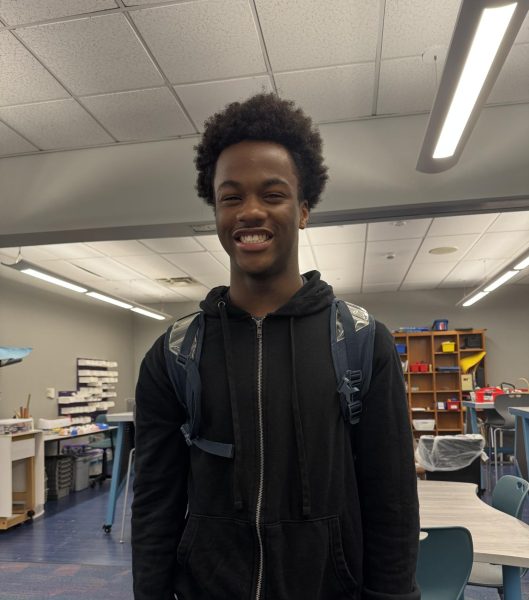
The second program is called “Voices of Education,” and is all about “governmental advocacy,” having “students advocate for their school and other schools in the county with state legislators.”
Xavier Moore, member of the Voices of Education program, shares that due to the MCIU program, he feels like he “knows more about government as a whole and by branching out communities more people from other districts also help [him] learn.”


